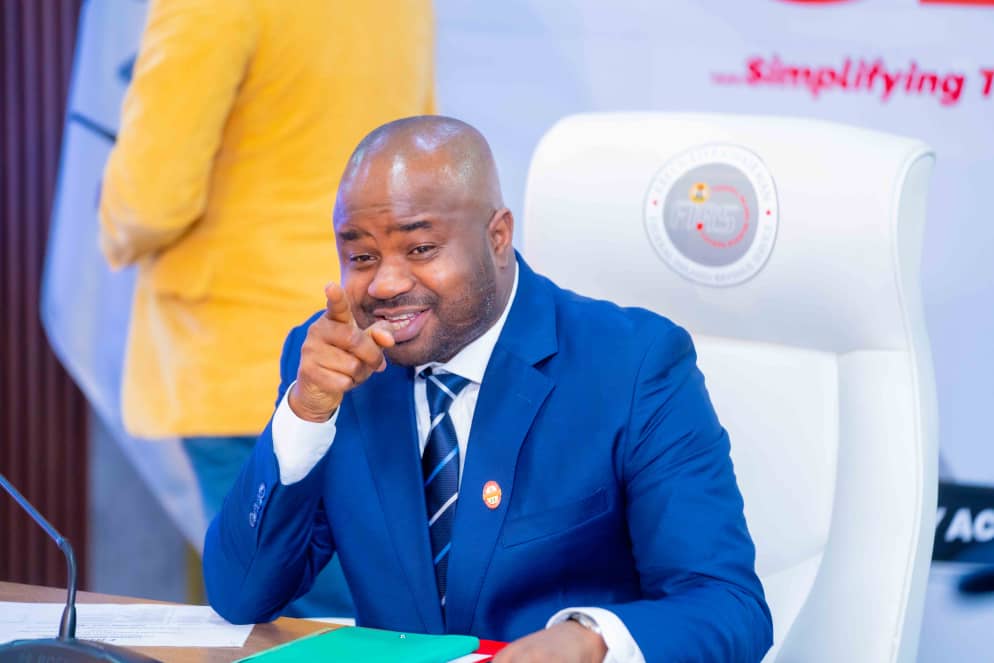Transforming Nigeria’s tax sector is not just a goal; it’s a mission that Dr. Zacch Adedeji, Executive Chairman, Federal Inland Revenue Service (FIRS), has passionately undertaken.
With a clear plan and actions, he is set to restructure how Nigeria approaches tax administration, ensuring that citizens and businesses reap the benefits.
For decades, Nigeria’s tax system has struggled with inefficiencies. Ministries, Departments, and Agencies (MDAs) have had to juggle project management and fund handling, which has led to numerous issues.
However, with the Tax Boss’s new approach, this dual role may soon be a thing of the past. Instead of routing money through MDAs and hoping it reaches the contractors, funds will be paid directly from the Accountant General to those performing the work.
This creates a clear payment pathway and accountability. There will be no more middlemen holding funds or uncertainty about when taxes will be deducted. Taxes like VAT and withholding tax will be deducted right away predictably and consistently. This not only facilitates better tax collection but also simplifies the overall process, helping to reduce errors, delays, and revenue leakage.
Let’s imagine a Nigeria where contractors are paid directly by the government, bypassing the cumbersome processes often associated with MDAs. This new approach is not merely administrative; it’s a concept designed to streamline tax collection and enhance accountability.
But why should this matter to the average Nigerian? This reform makes the complicated tax system easier for everyone, relieving businesses and individuals of unnecessary stress. Taxpayers won’t have to deal with confusing paperwork anymore.
Instead, there will be straightforward rules that help citizens understand their tax obligations clearly. This is particularly important for small and medium enterprises, as it allows them to concentrate on growing and innovating instead of getting stuck on tax compliance challenges.
It’s impressive to see how his vision aligns with President Bola Ahmed Tinubu’s goals of economic reform and transparency. By cutting out the middlemen in the MDAs, he is stepping away from a long-standing system that has frequently been hindered by delays and a lack of clarity. His approach recognizes that the old way wasn’t working and that we need more direct, technology-driven solutions for lasting change.
As these proposals move through the legislative process, Nigeria stands at a crossroads. The reform outlined by the Tax Boss will transform the tax system and strengthen the economy.
This goes beyond mere statistics; it is about the future of Nigeria, a future where tax compliance is effortless, businesses thrive, and citizens feel appreciated. This is an opportunity not just for change, but for growth, trust, and a renewed faith in the nation’s governance.
In the coming years, we may very well look back at this moment as a turning point in Nigeria’s fiscal system. It is time to embrace this new era with open arms and a willingness to adapt. After all, a well-structured tax system is not just an obligation; it is a foundation of a thriving economy.
Arabinrin Aderonke Atoyebi is the technical assistant, broadcast media at the Federal Inland Revenue Service
READ ALSO:
- Military Strikes Hit Two Sokoto Villages, 10 Dead
- Wizkid, Omah Lay, Zlatan Perform As Gunna & Olamide Kick Off Flytime Fest
- Why Fans, Enemies Now Call Me C. Ronaldo Of Nollywood — Yul Edochie
- Fulham Ready For War Against Chelsea — Iwobi
- The Real Housewives Of Lagos Reveals Cast Members Ahead Of Season 3


